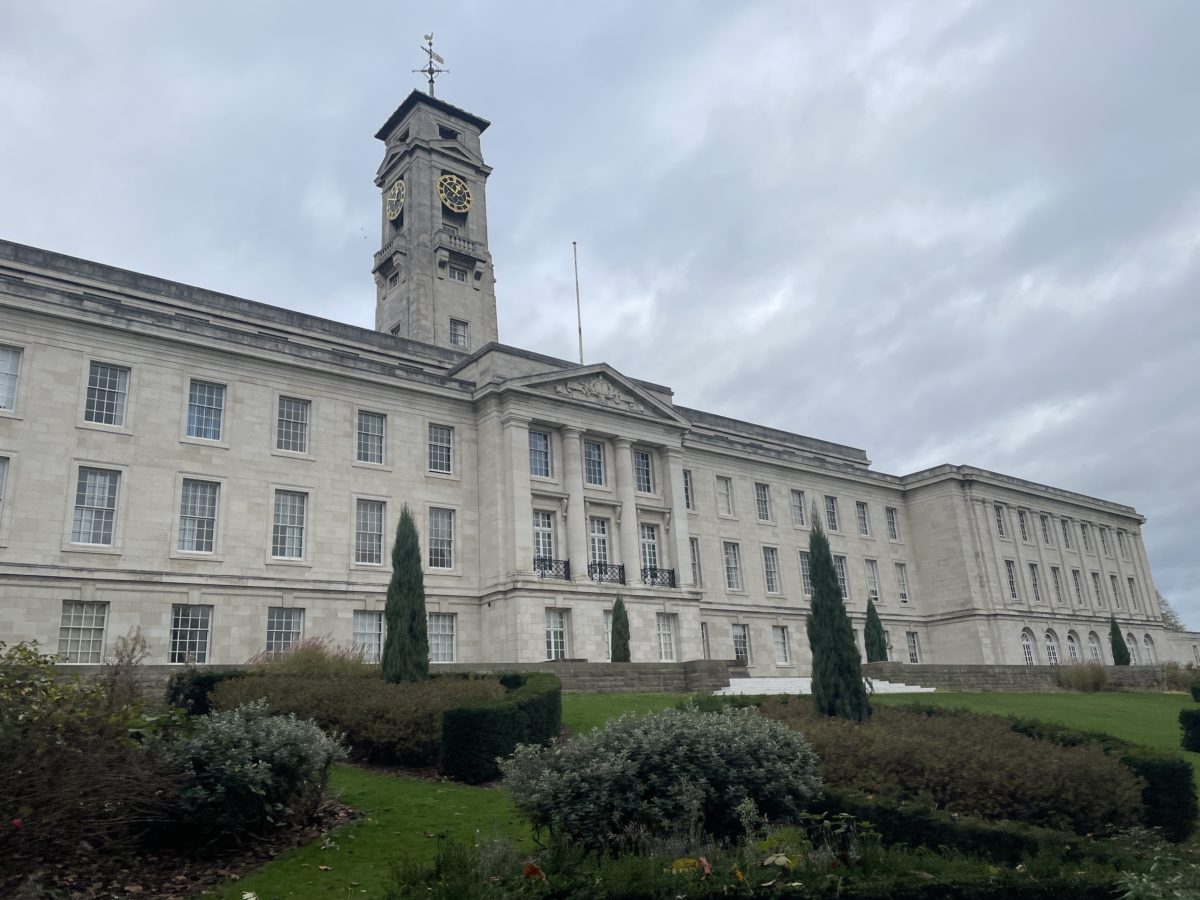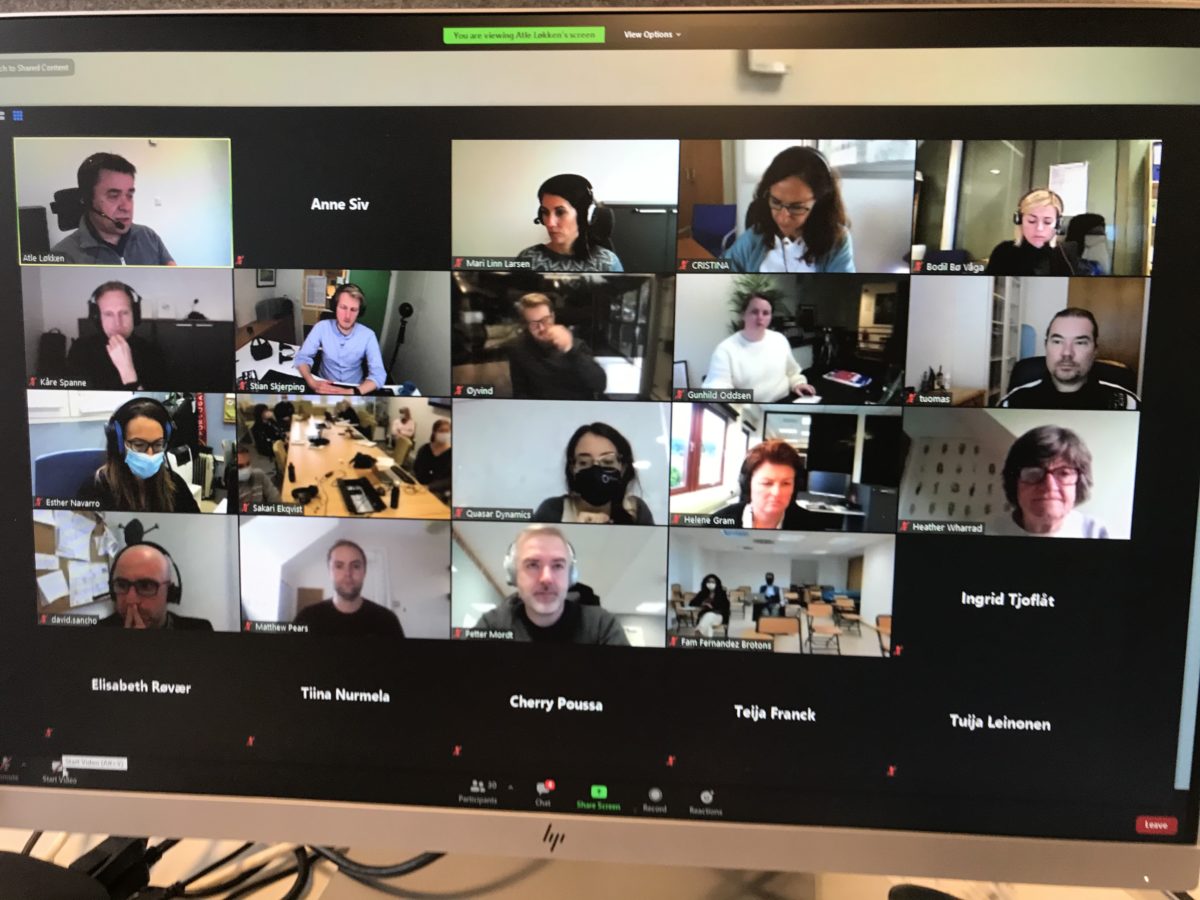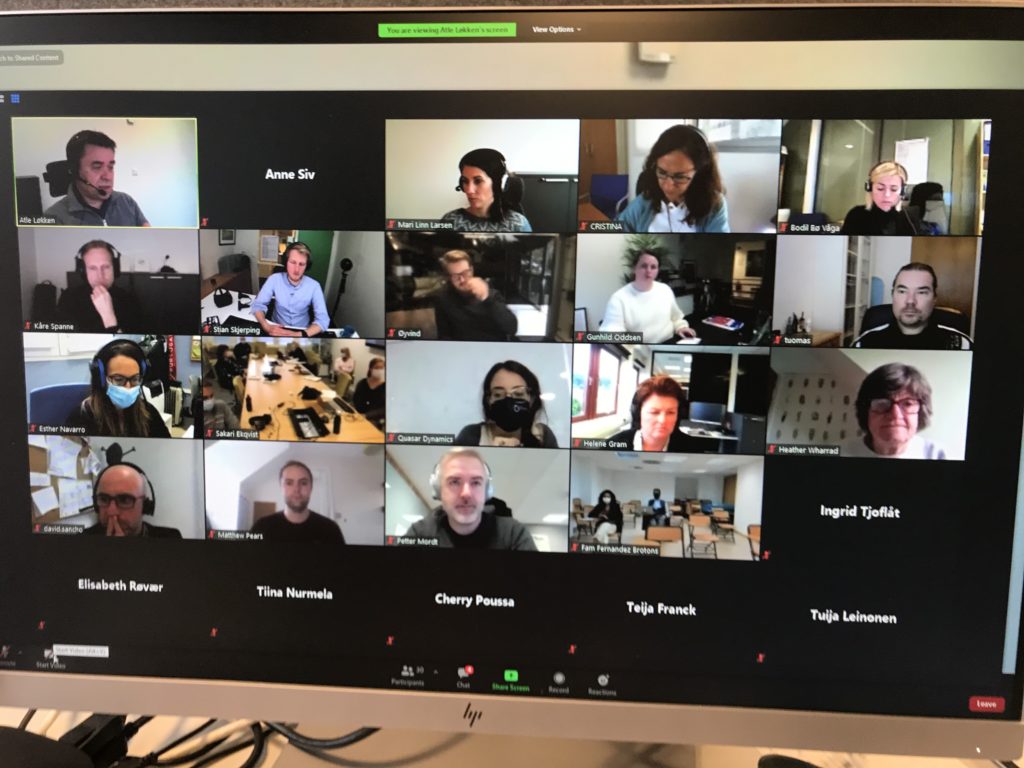Partners from all four countries participated in the project meeting. The aim was to bring all partners up to speed on each other’s cases and progress, as well as preparing for the final stretch of the project.
UoN’s Immersive Suite
University of Nottingham (UoN) has its own Immersive Suite on campus, which the project partners were allowed to visit. Michael Taylor, Kathrine Wittingham and lecturer Gill Langmack demonstrated how the technology works and how UoN used it in the training of nurses.
At the immersive suite, images or video is projected onto three walls, and allows students to interact with the content through hotspots, quizzes.
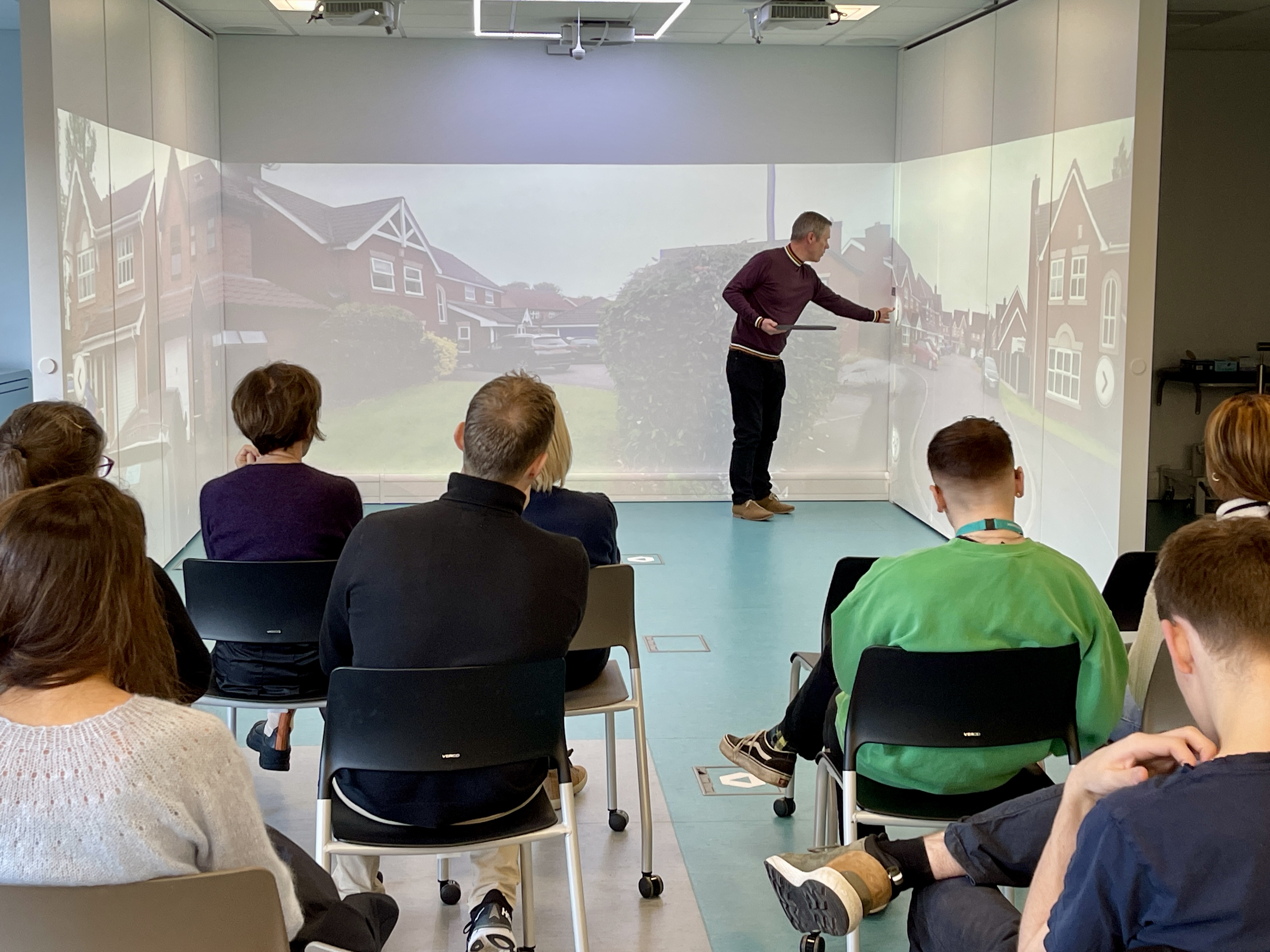

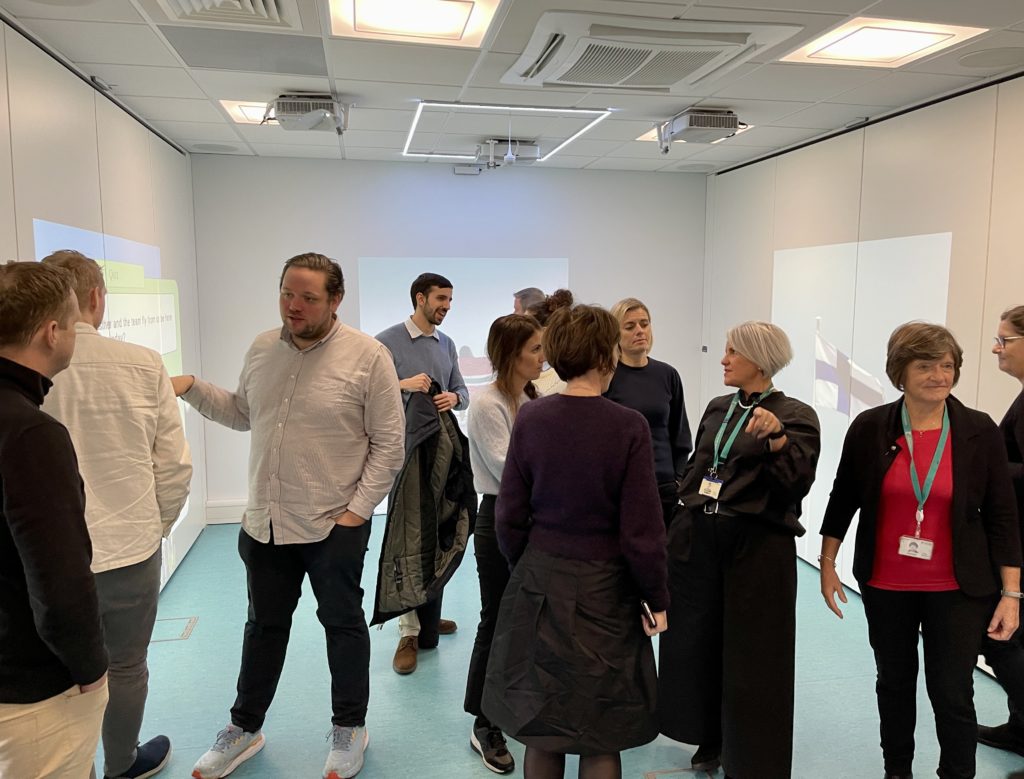
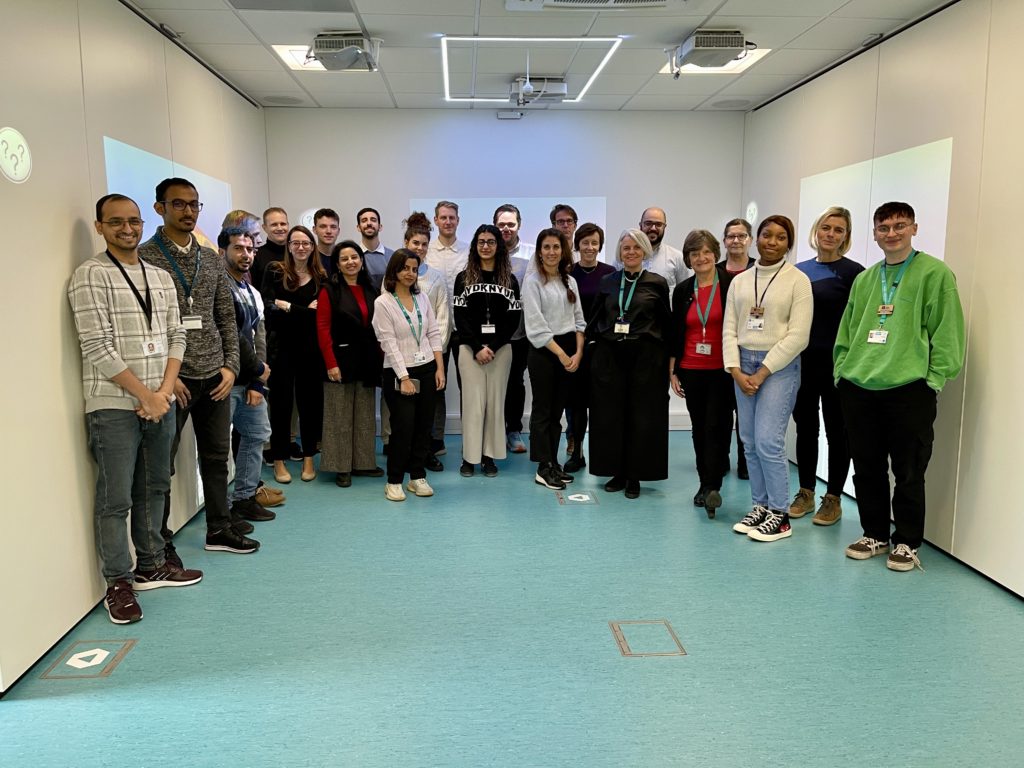
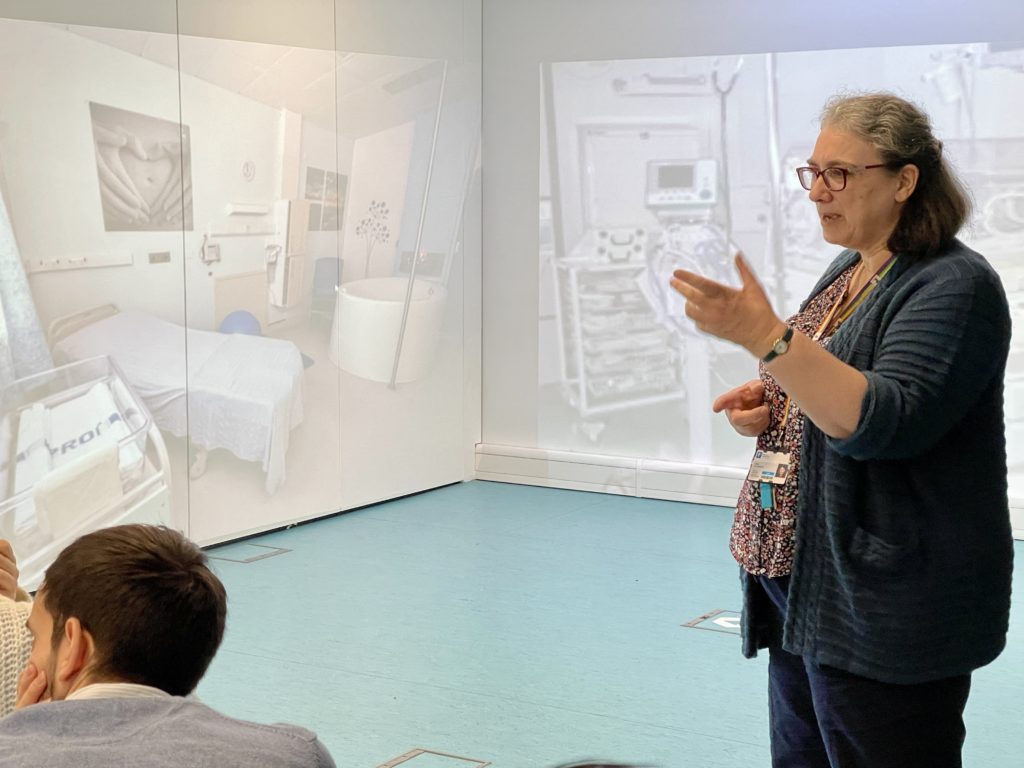
Michael Taylor has tested the 360ViSi Community Nursing Case in the Immersive Suite, and the project partners were allowed to try the technology with a quiz. See some examples in the video below.
360° images in Xerte
Fay Cross from University of Nottingham presented how the Xerte technology is used to create Reusable Learning Objects, and how 360 images can be applied to the system.
The Xerte Project aims to provide high quality free software to educators all over the world, and to build a global community of users and developers. The Xerte technology was developed at the University of Nottingham. Check it out here!
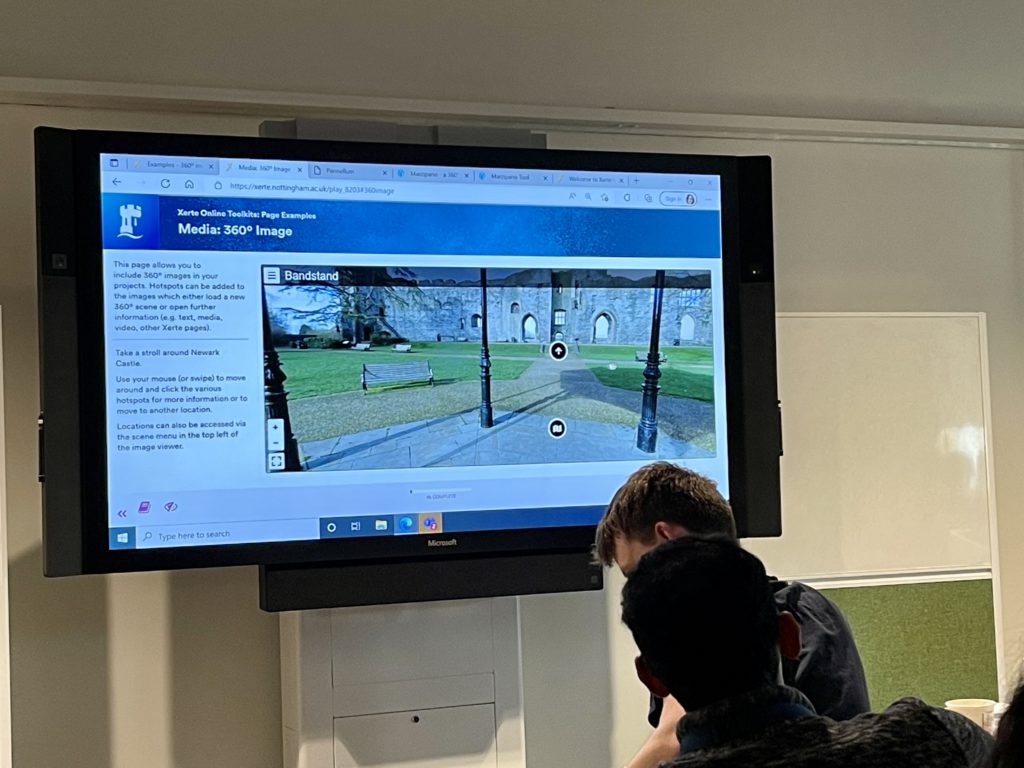
Other topics covered on the first day were the implications of the EU web content accessibility guidelines (WCAG) for the design of Reusable Learning Objects (RLO) and 360⁰ media cases specifically, and Design Thinking as a framework for RLO development.
Project meeting – Day 2
The second day of the transnational meeting started with focus on evaluation. Professor Heather Wharrad (UoN) introduced the evaluation requirements and toolkit for the project.
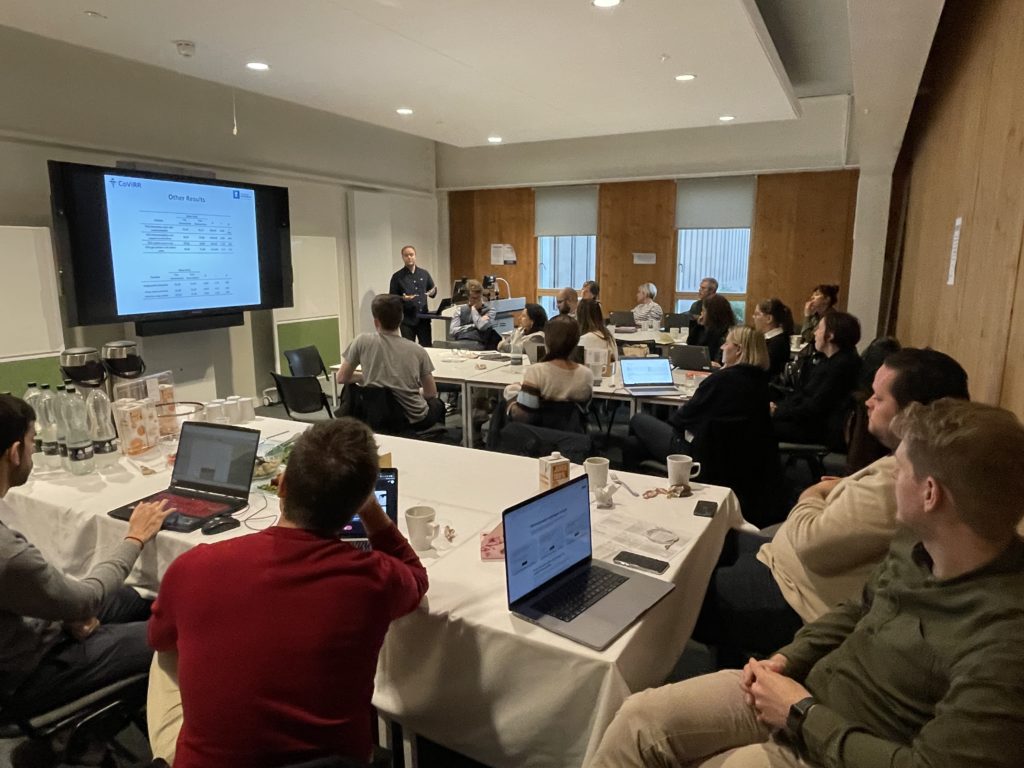
Each partner university gave an update on the development of and experiences from their respective cases, and presented their methods for collecting data – and preliminary student feedback from each case.
Project parter Screen Story from Norway presented a business case with a new client, which is a direct result of their participation in the 360ViSi project.
Quasar Dynamics, project partner from Spain, has developed a digital tool which will enable educators to produce Reusable Learning Objects without help from technical experts.

The tool is developed based on identified needs from educators in the 360ViSi project. Quasar presented the Beta version of the tool, and invited everyone to try it and provide feedback.
Read more about the development of the tool.
CoViRR insights
At the end of Day 2, Dr Matthew Pears from University of Nottingham shared best practices for co-creating Virtual Reality and 360 educational resources based on insights from the CoViRR project, another Erasmus+ project University of Nottingham has been a part of.
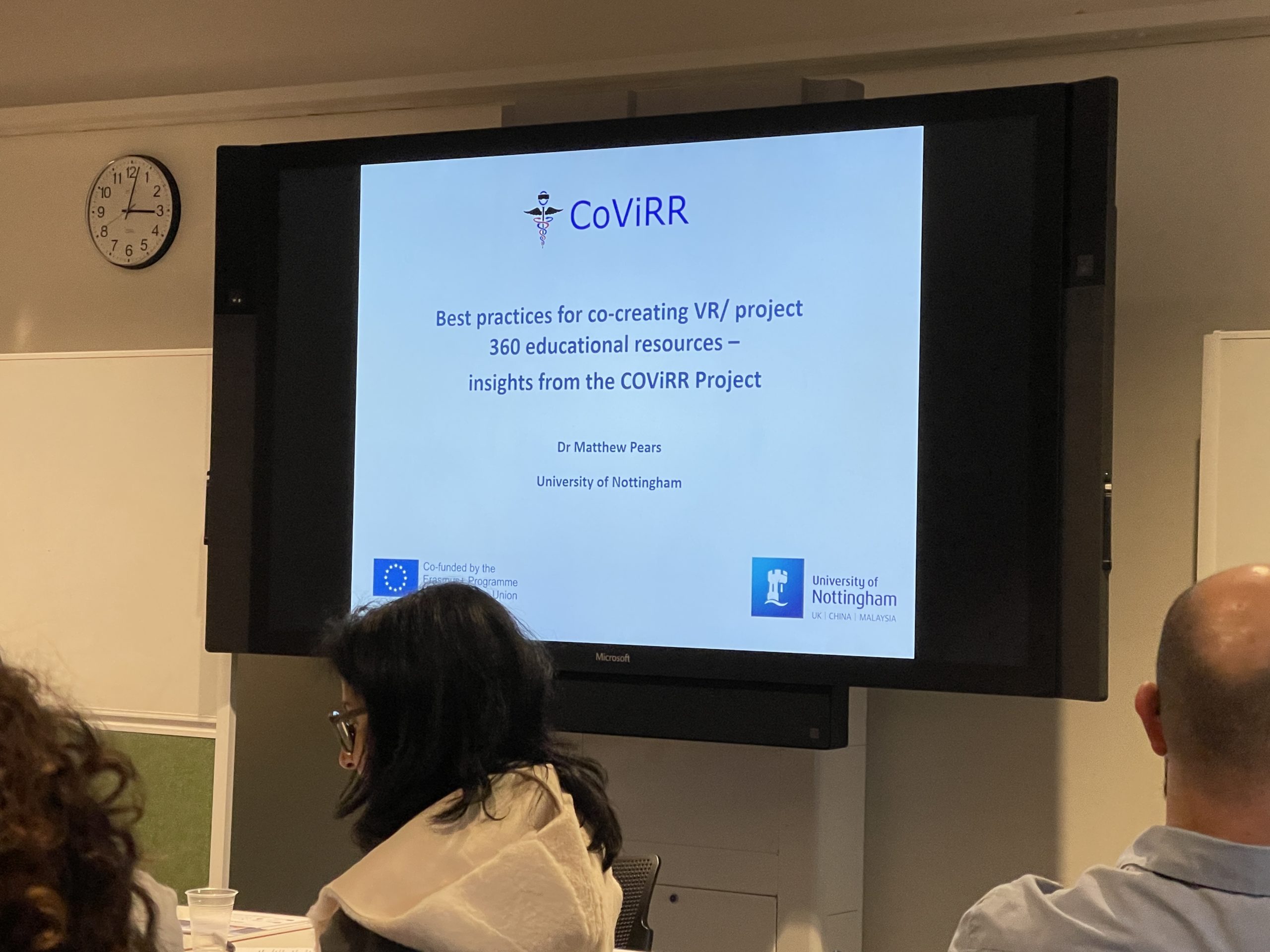
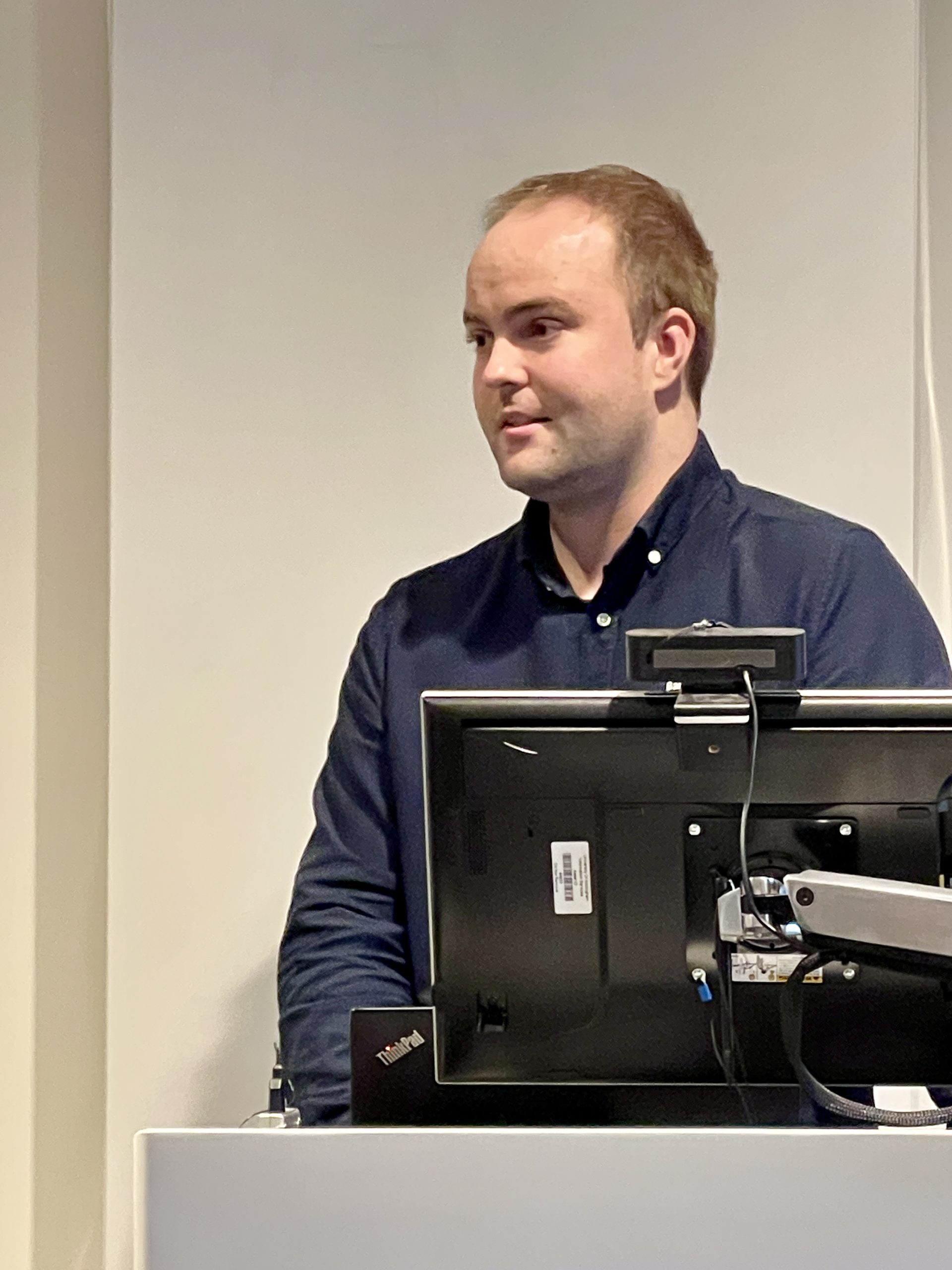
Final day
The last day of the meeting, started with input about chatbots in education from the CEPEH Project by Stathis Konstantinidis, James Henderson and Matt Pears.
CEPEH is an Erasmus+ strategic partnership that aims to co-design and implement new pedagogical approaches and, in particular, chatbots for European Medical and Nursing schools.
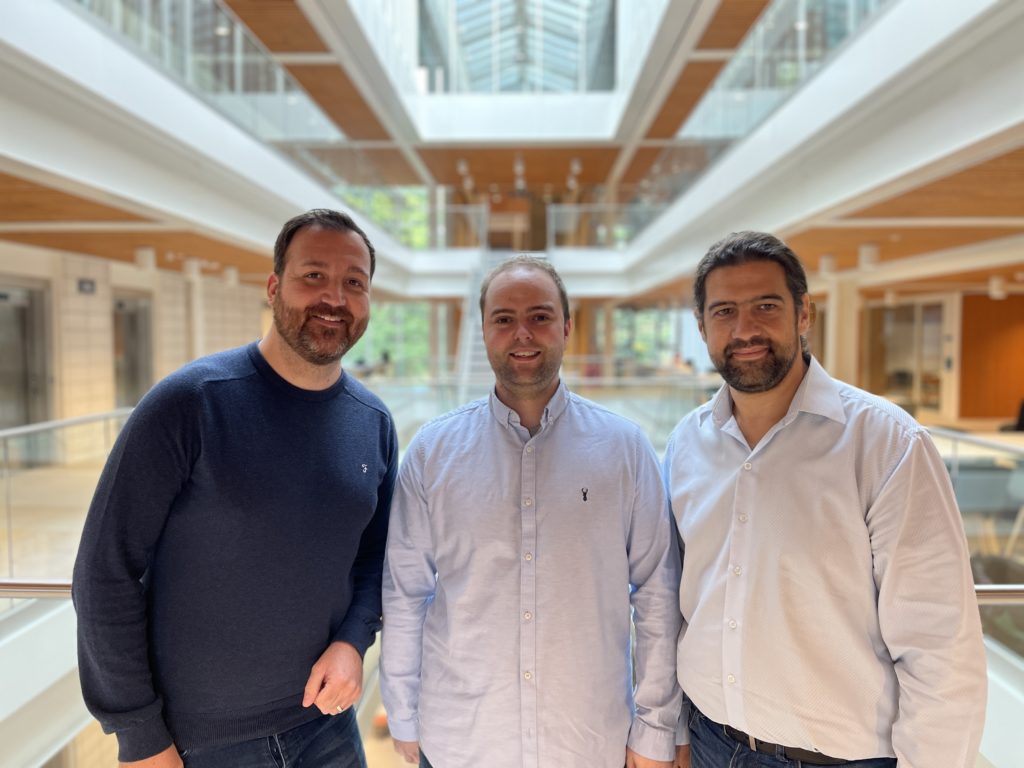
There is a growing evidence that chatbots have the potential to change the way students learn and search for information. Chatbots can quiz existing knowledge, enable higher student engagement with a learning task or support higher-order cognitive activities.
The 360ViSi project members were given a mini workshop showing how easy it can be to create a chatbot – about the 360ViSi project.
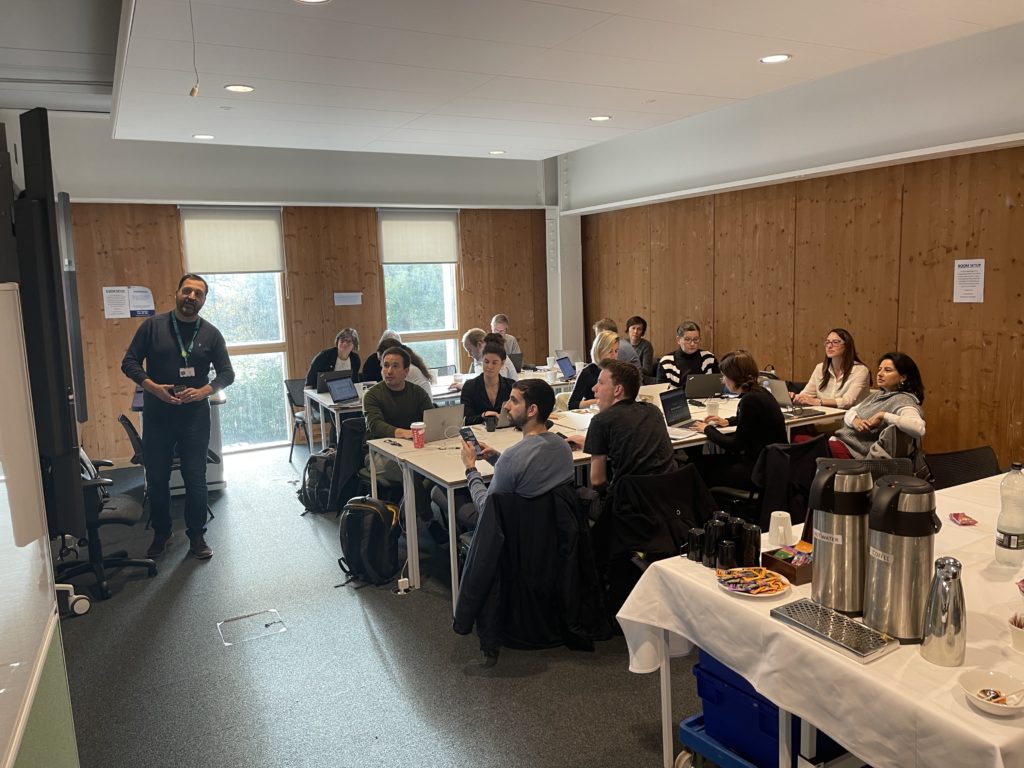
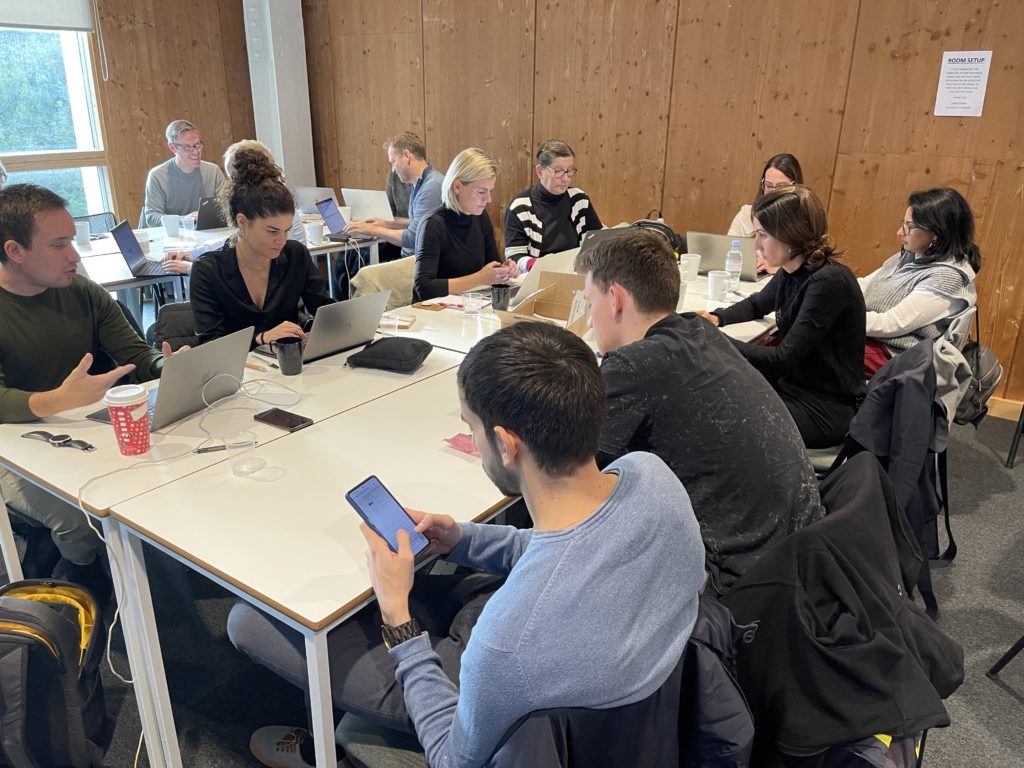
Way forward
The transnational project meeting was concluded after the partners planned the final stretch of the project. This involves completing all tools and solutions, collecting data, evaluation, disseminatin and final reporting.
Based on input from other projects, like CEPEH, and due to the successful cooperation in the 360ViSi project, the partners are already considering applying for new Erasmus+ projects, with the aim of combining chatbots and 360 media in education.

